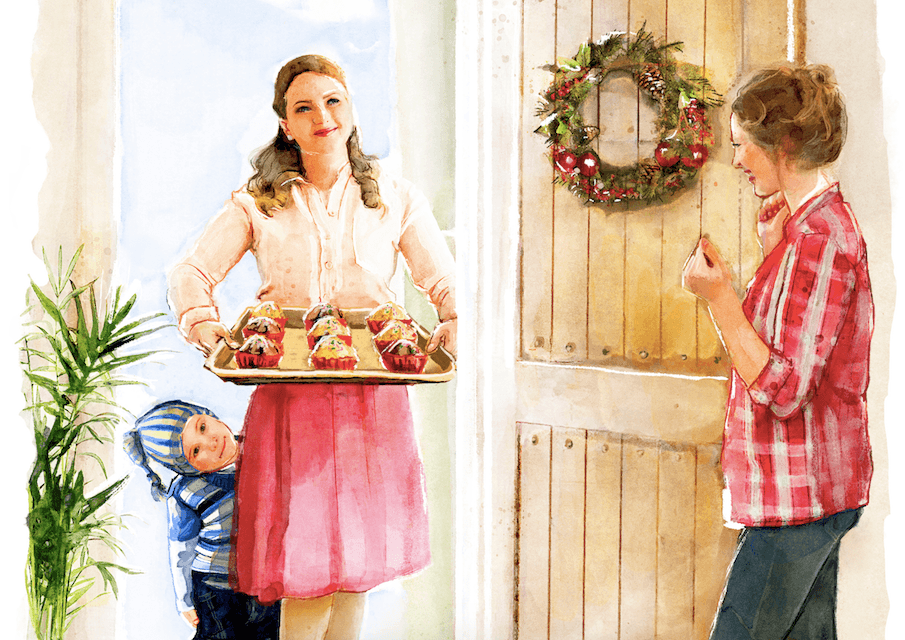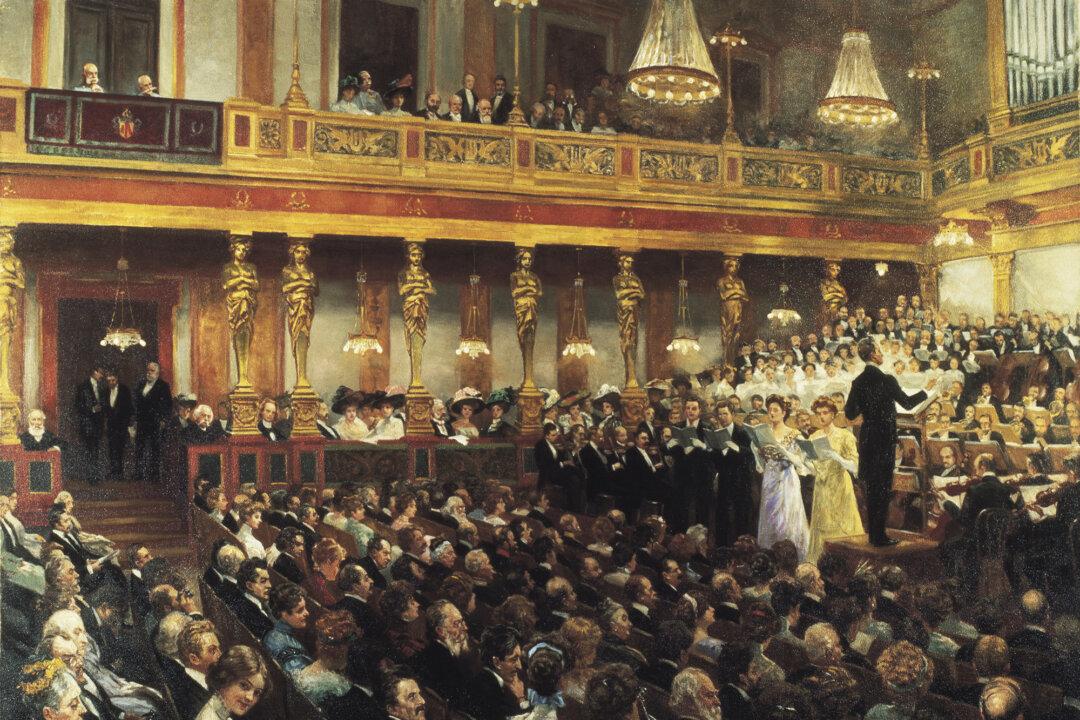Almost all of us have a person on our Christmas gift-giving list who’s perennially difficult to buy for. This isn’t because they are picky, but because of the simple fact that they already have everything. Unfortunately, the number of people on such lists may be growing, and may even include ourselves—a fact I discovered recently while listening to a conversation at a gathering of friends that went something like this:
“It’s so hard to buy gifts these days!” one friend exclaimed. “People have everything, so you end up having to buy these frivolous items that no one needs.”






